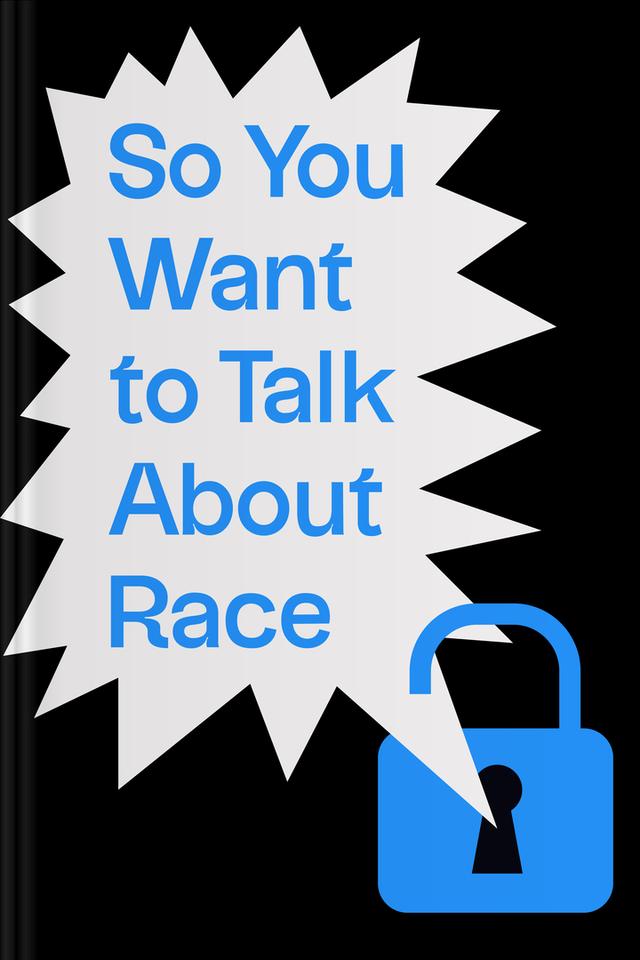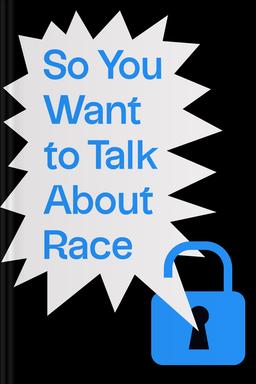You’ll learn
- To ask proper questions about race
- Ways to become more self-reflective and aware
- How to contribute to equality with your actions
- About seeing more than skin color in people
Protect the world’s peace. Donate to support Ukraine

first KEY POINT
Talking about race is essential and can be challenging. It's a topic that involves understanding different cultural backgrounds, how society works, and recognizing our own biases. Race is a concept that includes both difficult histories and hopeful futures. Therefore, it's important for us to understand how racism affects people's lives.Discussions about this topic often lead to hard questions, especially for those who feel like they're on the outside. Race can influence our lives in ways we don't always see, especially when it benefits us. For Ijeoma Oluo, a Black woman, being hyperaware of her race is a constant reality. She knows that her skin color isn't just about appearance — it's tied to history, memory, and culture.Oluo is tired of constant racism, whether intentional or not. She helps people see the less obvious ways racism affects our lives. She believes understanding racism and fighting against it in our systems is essential and that our actions can make a difference. We need to actively make changes in our society, not just watch from the sidelines.We all have a role in addressing these systemic problems.The path to better understanding and empathy isn't easy, but by talking about these issues, we can help heal society and strengthen our connections with each other.
But where do we start? It isn't about perfection; it's about progress. The path ahead isn't smooth, but together, we can start conversations that mend the frayed edges of society, bringing understanding and empathy into the heart of our shared humanity.
second KEY POINT
In a world striving for unity, race can be both a bridge and a battleground. As we delve into the heart of these conversations, we find that their essence is not merely about words but about unraveling the threads that shape our perceptions and beliefs.Based on her experience and expertise, Oluo presents two ways to look at racism:• One portrays it as any prejudice based on race
• And the other, where systems of power amplify intoleranceRacism is not just a personal sentiment; it's a cog in societal structures. Recognizing this complexity offers a shift from an individual-focused approach to a systemic exploration of racial dynamics.

Continue reading with Headway app
Continue readingfirst KEY POINT
second KEY POINT
third KEY POINT
fourth KEY POINT
fifth KEY POINT